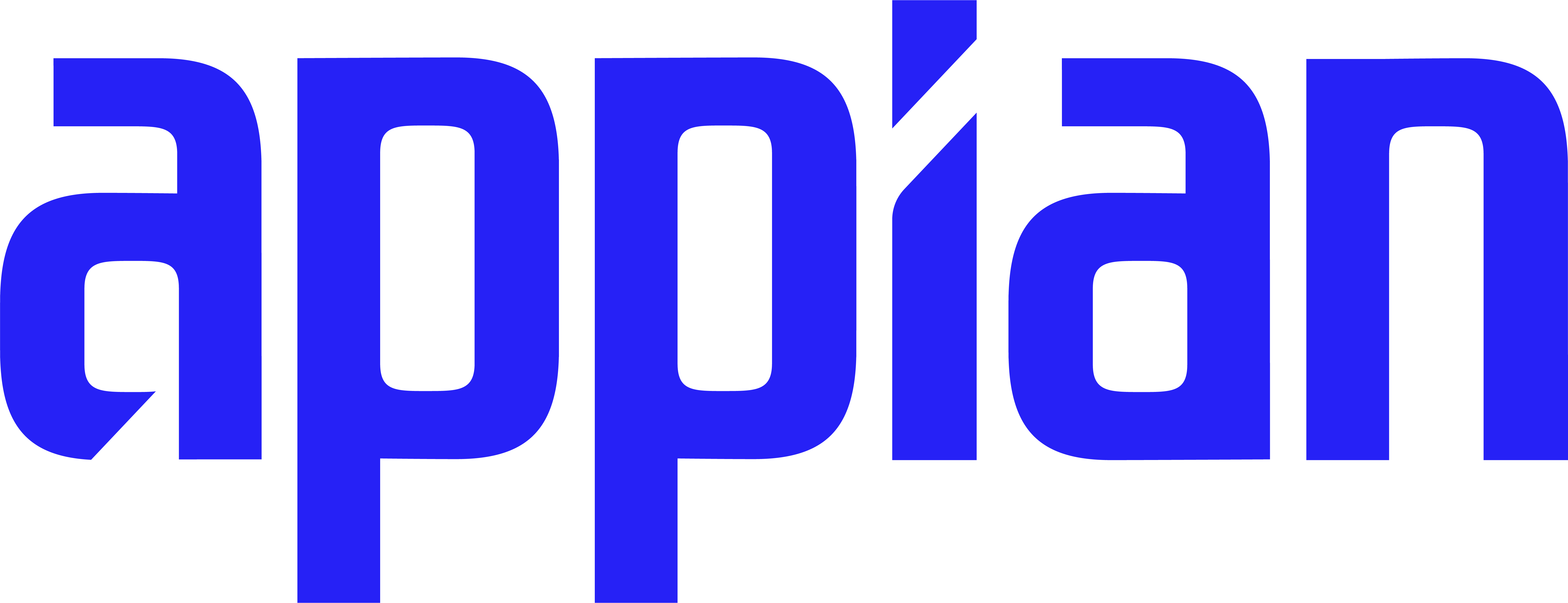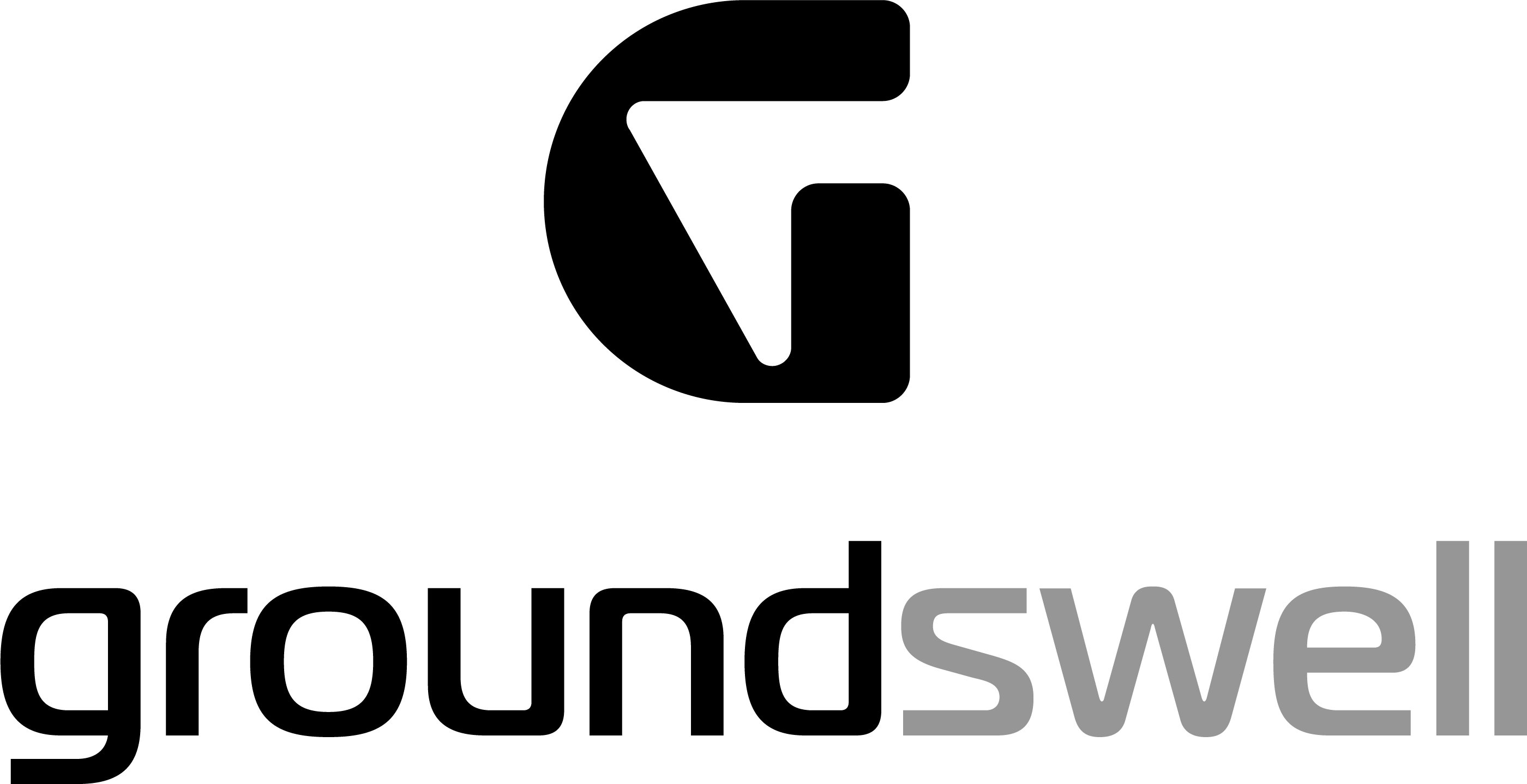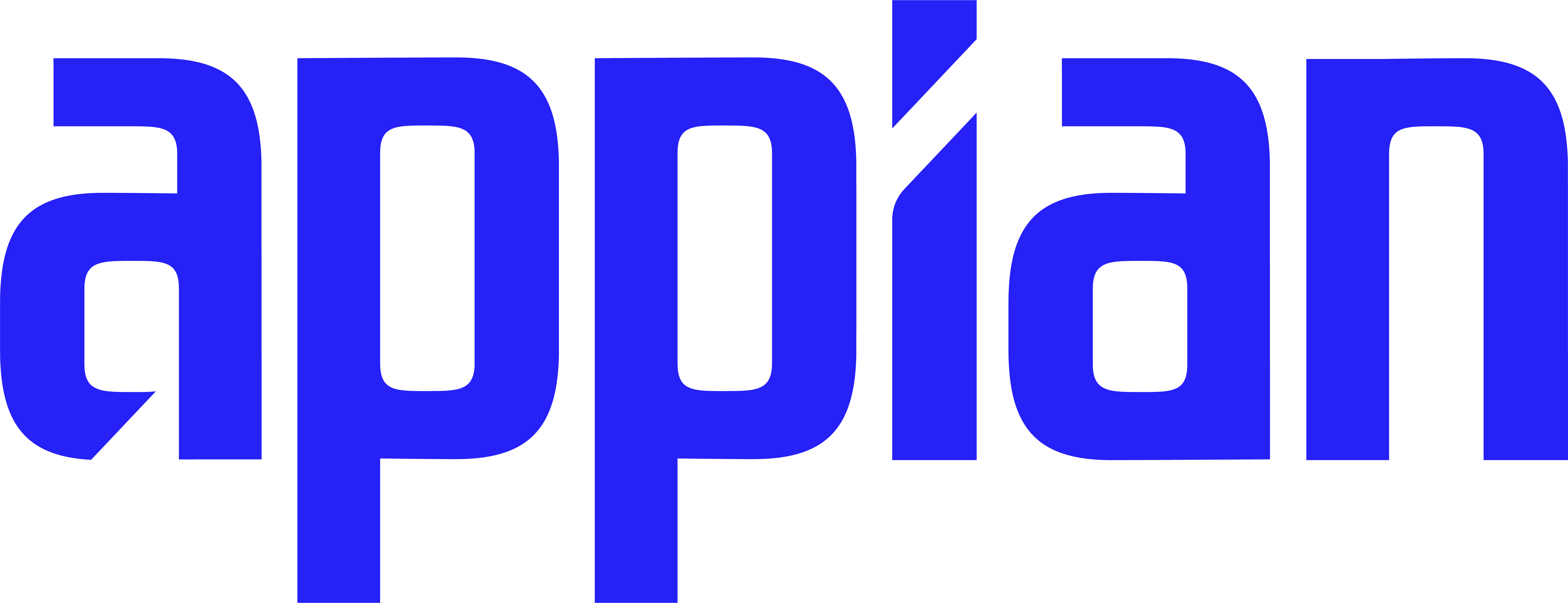
Overview

Product video
Appian Corporation [Private Offer Only] combines the benefits of the Private Offer feature along with Carahsoft's contract vehicles in providing customers a seamless acquisition process for their cloud-based products and solutions from AWS Marketplace.
The Appian platform helps you rapidly build apps and workflows to maximize resources and improve business performance.
The Appian Low-code Automation Platform integrates end-to-end process automation, data, and rapid visual application development natively in the cloud. Appian is specifically designed to meet the needs of sophisticated enterprises, regardless of where you are on the digital maturity journey by:
-Accelerating app development -Automating any end-to-end business process -Supporting better decisions by combining data from multiple systems -Enabling collaboration across teams and functions -Avoiding tech debt by leveraging your existing software or legacy applications
The Appian Low-code Automation Platform is ideal for any business challenge, from simple to complex, that requires the coordination of people, processes, and data across the entire organization.
This listing is for Private Offers ONLY. Please reach out for more details. Thank you.
Highlights
- Build applications and accelerate development
- Automate end-to-end business processes
- Unify data across multiple systems and leverage your existing systems
Details
Introducing multi-product solutions
You can now purchase comprehensive solutions tailored to use cases and industries.

Features and programs
Buyer guide

Financing for AWS Marketplace purchases

Pricing
Dimension | Description | Cost/12 months |
|---|---|---|
Appian Unlimited | Appian Unlimited Annual II. Standard subscription term of 1 year | $400,000.00 |
Application User | Application User II License. Standard subscription term of 1 year | $90,000.00 |
Platform User | Platform User II License. Standard subscription term of 1 year | $240,000.00 |
Vendor refund policy
No Refund
How can we make this page better?

Legal
Vendor terms and conditions
Content disclaimer
Delivery details
Software as a Service (SaaS)
SaaS delivers cloud-based software applications directly to customers over the internet. You can access these applications through a subscription model. You will pay recurring monthly usage fees through your AWS bill, while AWS handles deployment and infrastructure management, ensuring scalability, reliability, and seamless integration with other AWS services.
Resources
Support
AWS infrastructure support
AWS Support is a one-on-one, fast-response support channel that is staffed 24x7x365 with experienced and technical support engineers. The service helps customers of all sizes and technical abilities to successfully utilize the products and features provided by Amazon Web Services.
Similar products




Customer reviews
Experience enables seamless automation and elevates process efficiency while embracing innovative technologies
What is our primary use case?
A common use case for Appian is intelligent automation, where companies wanting to transform and have the latest technologies such as robotic process automation, fintech, AI, and artificial intelligence under the same platform use Appian to automate their business workflows.
There could be multiple industries that could benefit from this, including investment banks, retail companies, manufacturing companies, and healthcare companies. There's a variety of use cases for implementation.
What is most valuable?
The features of Appian that have proven to be the most beneficial are its capability to create processes and integrate with external systems while ensuring data consistency across all the systems.
The latest features of Appian are quite useful around the UI/UX design and the artificial intelligence integrations.
Appian is aiding in leveraging AI technologies in multiple ways: one way is for developers, as they make development efficient and quick by enabling developer co-pilots across various phases of the application, which helps design Appian quickly and provides suggestions along the way.
Another way is through AI Skills, which can be integrated anywhere in the process model to leverage artificial intelligence for tasks such as extracting data from documents, summarizing information from documents or long paragraphs, and building custom prompts with Appian.
Appian also utilizes AI for business users, providing a feature called process each view, enabling business users to create their own dashboards, reports, and gain insights from their data and processes using artificial intelligence. It's multi-fold and always growing.
What needs improvement?
Appian could improve in terms of how it approaches external use cases.
Appian is a great tool for internal use cases where the users are company employees, but it has room to improve for use cases where the users are public facing, where anonymous users could come to a site and run a business workflow or interact with some data.
For how long have I used the solution?
I have approximately nine to 10 years of experience working with Appian.
What was my experience with deployment of the solution?
I have faced challenges while integrating Appian with existing systems, as there might be challenges around the integration systems not being stable or having many exceptions.
However, if the integration systems are stable and their process of integrations and the APIs are well documented, there are no challenges to integrate with Appian; it's fairly simple.
What do I think about the stability of the solution?
The stability of Appian would rate as nine, as it's a stable environment.
What do I think about the scalability of the solution?
Appian is scalable. On a scale of one to 10, Appian rates as a nine for scalability.
How are customer service and support?
The technical support for Appian rates as 10 out of 10 because they have a great support team.
How would you rate customer service and support?
Positive
Which solution did I use previously and why did I switch?
I have experience with Appian, not SAP solution.
How was the initial setup?
The initial setup of Appian has two ways of setting up the environments: one is on-premise, and the second is cloud environments.
The cloud environment is very easy to set up, as the Appian Cloud support team does everything for you end to end, and you will have the environments available where you could have the platform in about 24 hours, which is very quick.
This is preferred by about 95% of clients, as they would have Appian on Cloud.
The remaining 5% opt for Appian on premise due to data privacy issues or compliance challenges, where they manage the infrastructure themselves, which requires a couple of weeks for an infrastructure administrator to set up Appian on their own service.
What about the implementation team?
I'm a reseller and a partner, and my relationship with Appian is that we implement Appian for our customers.
What was our ROI?
The majority of our clients see the return on investment in about one year after implementation.
They see return on investment in terms of cost savings, time savings, more efficient processes, and more efficient employees.
What's my experience with pricing, setup cost, and licensing?
The price of Appian, on a competitive landscape, is a little bit on the higher side for companies, rating maybe a 6.5.
What other advice do I have?
I would recommend Appian to especially large to medium, medium to large companies looking to automate their business processes, as it's a great tool. I would rate the whole solution as a strong 9.5.
Which deployment model are you using for this solution?
If public cloud, private cloud, or hybrid cloud, which cloud provider do you use?
Enables seamless transition from process-centric to data-centric operations with robust data management
What is our primary use case?
I mostly use Appian for internal applications in the firm.
What is most valuable?
The most beneficial aspect of Appian is its data management capabilities and the process engine in general. It allows for a seamless transition from process-centric to data-centric operations. Additionally, the zero-code integration feature is remarkable, allowing for ease of data transfer and workflow enhancement.
What needs improvement?
I would like to see more enhancement in the user interface to allow more freedom in designing the sites and pages. The user interface should be updated for a more modern and appealing look.
For how long have I used the solution?
I have been working with Appian for around fifteen years.
What do I think about the stability of the solution?
So far, I find Appian reliable and stable.
What do I think about the scalability of the solution?
Appian is scalable, but it depends on how you build your applications. With a proper setup, Appian is scalable.
How are customer service and support?
The technical support is generally good. Though I have had some issues in the past, overall, I consider it effective.
How would you rate customer service and support?
Neutral
Which solution did I use previously and why did I switch?
I have experience with Microsoft Power Apps and have seen OutSystems . However, most of my experience has been with Appian.
How was the initial setup?
The initial setup of Appian was very easy.
What about the implementation team?
No implementation strategy was used. We simply built different platforms like development, testing, UAT, and production.
What was our ROI?
Appian is very efficient, allowing us to build a lot of applications within a financial year, making it cost-effective.
What's my experience with pricing, setup cost, and licensing?
The pricing of Appian is based on the number of users and generally ranges from 70 to 100 USD per user per month. I would like it to be more flexible, not solely based on the number of users.
Which other solutions did I evaluate?
As alternatives, I have worked with Microsoft Power Apps and have explored OutSystems .
What other advice do I have?
I would recommend looking into data management, reporting, and process capabilities of Appian. Overall, I rate Appian as a nine.
Manages databases effectively with seamless foreign key creation and data manipulation
What is our primary use case?
What is most valuable?
What needs improvement?
For how long have I used the solution?
What was my experience with deployment of the solution?
What do I think about the stability of the solution?
What do I think about the scalability of the solution?
How are customer service and support?
How would you rate customer service and support?
Positive
How was the initial setup?
What other advice do I have?
Seamless integration enhances workflows while memory optimization can improve complex processes
What is our primary use case?
I am working with all of these products: Pega, Appian , and OutSystems . I use Appian as a process orchestrator for workflow and rule-based routing, and it is preferred when I am developing an enterprise-wide application. The application is mobile-friendly, allowing me to use it across any device, whether mobile, laptop, or desktop.
What is most valuable?
It is easy for me to define the process and create configurable workflows. Additionally, they have provided inbuilt integration points and services, which facilitates integration with external services.
What needs improvement?
If there is a very complex process that includes a lot of data transitioning and memory-centric processes, it consumes a lot of memory. For those use cases, Appian needs to optimize memory utilization. AI-related features should also be more integrated.
For how long have I used the solution?
I have been in this ecosystem for quite some time. For Pega, it is 20 years, and for Appian, it is more than ten years.
What do I think about the stability of the solution?
I would rate the stability as eight out of ten. As a product, there are no issues. It depends on how it has been designed and how it has been configured.
What do I think about the scalability of the solution?
Appian is scalable in its architecture.
How are customer service and support?
Their customer service is responsive, and the team is very prompt for support. The response depends on the kind of partnership vendors have and their relationship with them. For step one issues, which impact most of the business on that workflow, I get quick support from the Appian team.
How would you rate customer service and support?
Positive
What about the implementation team?
Whenever there is a production deployment, it involves the Appian development team. However, if other systems are also involved, representatives from the integration teams of different systems are needed as well.
What's my experience with pricing, setup cost, and licensing?
There are two buckets. On the pricier side, both Appian and Pega are enterprise-level solutions, placing them on the slightly higher side.
However, the robustness of the products, their features, and their availability justify the pricing.
Which other solutions did I evaluate?
I have considered Appian, Pega, Uncorp, and Mendix as alternate solutions.
What other advice do I have?
Overall, everything is eight out of ten.
I am a little bit biased towards Pega. Pega has a lot more standardized processes, which take less time to go to market compared to Appian. Appian provides a platform.
Enhanced process automation and helpful portal with good integration
What is our primary use case?
Appian is really helpful in automating different processes. Our clients use it for process automation and leveraging updated features like Appian Portal and Appian RPA . The main use case revolves around external application building in nature, making it comparable to other mobile app general interfaces, particularly those heavy in user interface and user exchange. Also, Appian Records integrates all systems, providing a consolidated view, dashboard, monitoring, and report.
How has it helped my organization?
Appian helps in consolidating systems within the client's network, correlating data points, and offering visual dashboards to get a real-time view of various factors. Clients can check the functional state of their current infrastructure and monitor it in real-time, which also relates to the financial side of operations with business reports and similar functionalities.
What is most valuable?
The valuable features include process automation, Appian Portal, and Appian RPA . Appian allows easy integration with other systems, offers a visual dashboard, provides real-time analytics, and is flexible to be used by non-technical users for automating simple process flows. Additionally, Appian's data fabric now helps in correlating data across various systems for consolidated monitoring.
What needs improvement?
From a reseller's point of view, subscription licensing could be improved to be more cost-effective, especially for new prospects and smaller investments. Appian has new subscription models, but they might not always be feasible for smaller customers. Competitive pricing on the external user side is good, but internal user pricing needs to be adjusted for better market reach.
For how long have I used the solution?
I have been working with Appian for nearly six years.
What do I think about the stability of the solution?
In terms of stability, Appian is quite reliable. I have not encountered any major downtime in customer environments. Their support team has been effective, making the solution stable overall.
What do I think about the scalability of the solution?
Technical scalability is generally good, maybe an eight out of ten, however, some clients encounter issues due to high costs, affecting their ability to scale effectively.
How are customer service and support?
Customer service in the Philippines is rated around a seven due to response times and the lack of a direct support line.
How would you rate customer service and support?
Neutral
How was the initial setup?
The initial setup is generally simple and well-supported by the platform's flexibility and ease of use. My technical colleagues find Appian easy to learn, though they need to continuously adapt to new features.
What's my experience with pricing, setup cost, and licensing?
Appian is promising yet the cost can be a barrier. The subscription cost is higher compared to competitors, which can hinder potential market expansion, especially for new prospects.
Which other solutions did I evaluate?
The main competitors for Appian are Pega and OutSystems . Appian is set apart by its RPA capabilities, though it is still catching up with the likes of UiPath .
What other advice do I have?
Appian is a promising platform with significant functionalities, but it would benefit from more cost-effective pricing for smaller clients. The technical support could also be improved, especially in providing direct and faster response options.
I'd rate the solution nine out of ten.